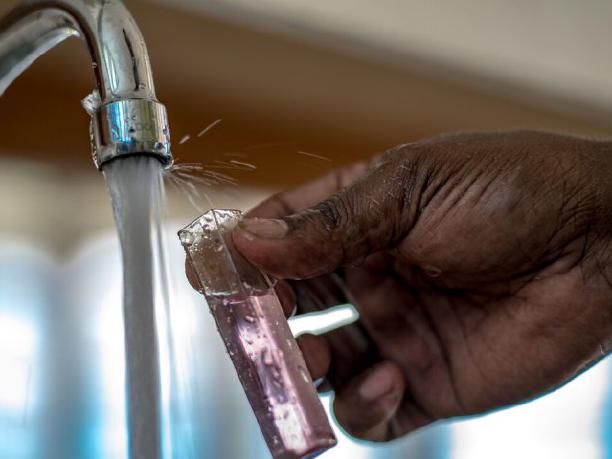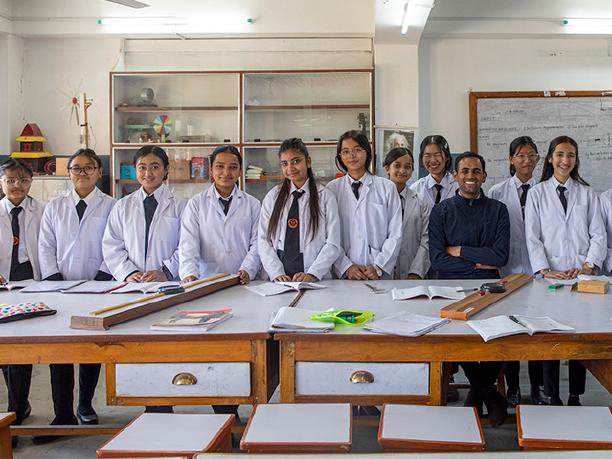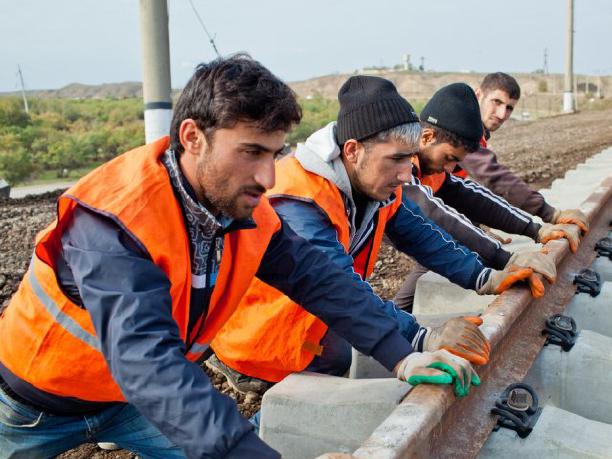Austria
Listen to the article
Cumulative
- Project-Specific Cofinancing $17.6 million
- Contributions Committed to Trust Funds $11 million
2023
- Project-Specific Cofinancing $120,000
Austria as a shareholder at ADB is represented by the Federal Ministry of Finance (MOF). Per MOF’s Strategic Guidelines for International Financial Institutions (IFIs), Austria’s cooperation with such entities as a donor partner prioritizes four programmatic areas: (i) sustainable energy and climate projection, (ii) water and sanitation, (iii) private and finance sector development, and (iv) urban development and connectivity.
Austria’s development policy priorities are set out in 3-year programs. The latest program that covers the period from 2022 to 2024 was adopted in November 2022. It focuses on sustainable life prospects for people in the partner countries by creating an environment of social and political stability on the ground and sustainable development in line with the 2030 Agenda. In June 2023, Austria published its Strategic Guidelines of MOF for IFIs. These strategic guidelines serve as a basis and guide for Austria’s positioning in IFIs and to define areas for cooperation. The strategic guidelines describe the framework for the Austrian Federal Ministry of Finance’s activities vis-á-vis IFIs.
Currently, Austria’s partnership with ADB is facilitated via the support of trust funds and technical assistance (TA) and focuses on climate protection and disaster risk management, sustainable railway infrastructure management, and water and sanitation. Furthermore, the MOF has regularly seconded personnel to ADB.
Highlights of ADB–Austria Engagement in 2023:
Sovereign Cofinancing. In 2023, Austria committed an additional $120,000 to strengthen innovation in ADB’s assistance and meet emerging requests in transport from its developing member countries. It previously committed $1.1 million in TA to the same project in 2022.
Nonsovereign Cofinancing. The Trade and Supply Chain Finance Program (TSCFP) supported over 320 transactions valued at $214.5 million with banks domiciled in Austria from inception to December 2023. During the same period, the TSCFP supported over 130 Austrian exports and/or imports valued at $46.4 million. In 2023 alone, the TSCFP supported 2 transactions valued at $4.2 million with banks domiciled in Austria and supported 11 Austrian exports and/or imports valued at $5.7 million. Exports and/or imports were mainly to or from Bangladesh, Viet Nam, and Mongolia. Underlying goods involved mostly food and agriculture-related goods, industrial machinery and capital goods, plus raw and non-energy commodities.
Special Funds. Austria is a founding member of ADB and has, since 1966, committed $329.9 million to ADB special funds. Of this commitment, $310.3 million has gone to the Asian Development Fund (ADF). The ADF provides grants to ADB’s low-income, developing member countries to help reduce poverty and improve quality of life.
Active Trust Funds
Active trust funds are those a) with ongoing projects; or b) with no active projects but have remaining funds.
News
18 Nov 2022
Full-Scale WBE for SARS-CoV-2 Surveillance in Metro Manila Launched
As part of ADB’s Accelerating Sanitation for All in Asia and the Pacific, and with $1.1 million grant support from the Austrian government, the Philippines’ Manila Water is developing its capabilities to use wastewater-based epidemiology or WBE to monitor SARS-CoV-2. This will enable Manila Water to pursue water security for its 7.4 million customers and seek globally recognized public health measures to ensure that the East Zone population and its local government units are prepared for further COVID-19 infections.
06 Dec 2022
ADB Approves $200 Million Loan to Strengthen the Education System in Nepal
This will assist the first 5 years of the government’s School Education Sector Plan 2021–2030 in a sector-wide approach supported by eight development partners, including ADB. The program will enhance learning provisions for basic and secondary schools, strengthen teaching and learning in schools, accelerate the recovery from learning losses caused by the COVID-19 pandemic, and improve the capacity of local governments in education planning, monitoring, and reporting.





